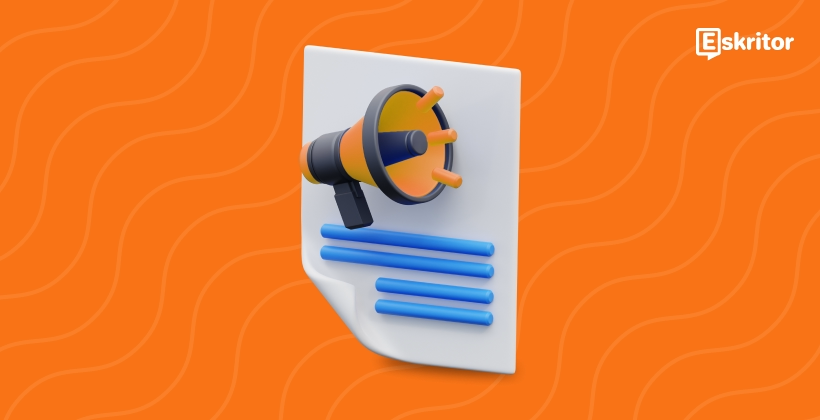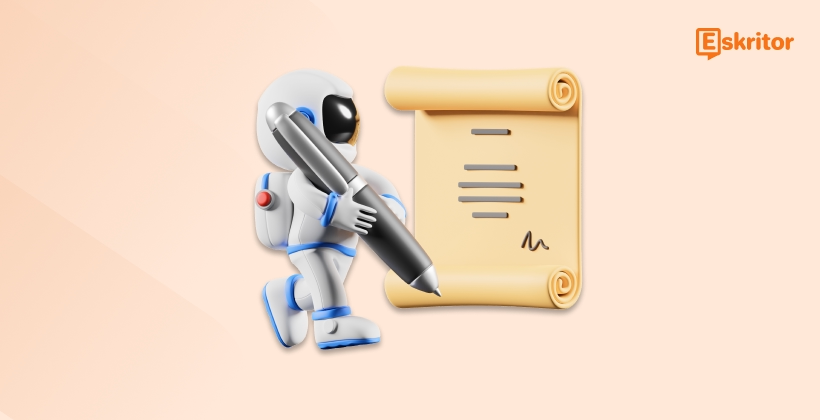Why AI Editing is Revolutionizing Proofreading
Why AI Editing is Revolutionizing Proofreading
Blog Article
Mastering Content with AI Editing Tools
As artificial intelligence (AI) evolves, it continues to revolutionize how we method contemporary editing practices. From syntax correction instruments to sophisticated content technology systems, AI writer is reshaping just how writers, publishers, and makers improve their work. That website examines the role AI represents in modern modifying and the influence it's across industries.

AI-Powered Methods Major the Charge
AI-powered tools have grown to be an fundamental element of modifying workflows. Pc software fueled by natural language handling (NLP) and unit learning can do responsibilities like grammar checks, stylistic ideas, and word restructuring with incredible pace and accuracy.
For example, AI-based grammar pieces can recognize errors that the human eye may ignore, such as for instance subject-verb contract dilemmas or dropped modifiers. Equally, type changes developed by AI make certain that tone and flow align with the intended market, which will be priceless for skilled editors.
These methods aren't just limited to conventional syntax corrections. They are capable of improving readability, transforming inactive voice to effective style, and even paraphrasing entire paragraphs without changing the meaning.
Performance Matches Time Savings
Reports show that the use of AI methods may minimize modifying time by around 30%. Rather than poring around every phrase physically, publishers may concentration their initiatives on creative and strategic elements of content. This change allows experts to handle larger volumes of text in smaller times, which is particularly important for industries like publishing and electronic marketing.
Moreover, predictive AI characteristics may spotlight continuing mistakes, helping authors boost their abilities over time. For organizations, that translates to fewer resources allocated to changes and more refined components from the comfort of the start.
Increasing Availability and Globalization
AI's position in modern editing runs beyond efficiency. Advanced translation and localization instruments let builders to modify material seamlessly for global readers, wearing down language barriers with precision. This engineering guarantees that exactly the same message may resonate with countries worldwide while preserving its authenticity.
AI also improves inclusivity requirements by improving accessibility in content. As an example, calculations may identify possibly non-inclusive language and suggest alternatives. This capability enables writers to improve publishing so it resonates with varied audiences.

Striking a Balance Between AI and Human Creativity
While AI excels in rate and reliability, it doesn't replace individual editors. Devices often lack the capability to understand nuance, feeling, or social situation fully. The perfect program includes AI's effectiveness with individual imagination and insight, resulting in really excellent work.
By leveraging these systems in contemporary editing practices, creators and publishers alike may generate high-quality material that aligns with the fast-paced requirements of today's electronic world. AI may be the potential of modifying, however the individual touch can be essential for storytelling and connection. Report this page